Over the course of hundreds of conversations about relationships, Iona Lawrence identified a shared challenge around measurement: We don’t know how to measure relationships or whether the game of measurement is futile.
In this blog, we seek to kickstart a generative conversation around the question of how we capture the added value of a relationship-centred approach, and whether this is a useful pursuit. We’d love to hear your experiences, challenges and ideas.

We are collectively in a place where the question of how best to measure or value relationships is deeply contested. For some people measurement is the most important shared challenge anyone interested in relationships has: if we can get better at consistently measuring the impact of relationships we might be able to nudge the skeptics away from believing that relationships are ‘fluffy’ or a nice extra.
Yet for others the act of measuring the value of relationships on terms set by funders or commissioners can threaten the very essence of them.
Wherever you are, a huge amount of energy is poured into the question of how we articulate the value of relationships, and this is threatening our resolve.
Let’s open up the question of how we measure relationships and see whether, together, we can make some progress.
What?
What are we trying to measure or assess when it comes to relationships? Why? What and who are we doing this for?
1. Relationships themselves: sometimes, we might want to measure relationships themselves, whether individual relationships or networks of relationships. We may seek to understand where they are strong, where they are weak, where they are missing. Doing so will help us to see where our relationships need a little nurturing, and where bridges need to be built.
2. The added value of relationships: we might want to measure the outcomes of good relationships or relationship-centred ways of working. Doing so would help us to demonstrate the things good relationships enable us to achieve (better health, greater happiness, higher grades etc) and prove the value of relational work to skeptics and non-believers.
3. Relational practice: at other times, we might wish to look inwards at our practice to assess the extent to which our methods, culture, values and approach enable good relationships to thrive. Doing so would help us improve our relational practice.
What are you seeking to measure when it comes to relationships? Why? Who is the assessment for and what do you hope it will achieve?
How?
How should we go about trying to measure relationships? What are the risks and challenges? What approaches work best or have potential? Where can we look to for inspiration?
Too many commissioning contracts require the completion of impact surveys which, in their deficit-based questioning, can strip people of their agency rather than recognise the power in people’s stories. Too many loneliness measures are academic, remote and cold. Many of these tools perpetuate division and isolation, rather than measure it, much less solve it.
How do you approach measurement and evaluation? Which methods seem to work well and which don’t?
To what end?
How do we then bring what we find and learn about the value of working in relational way together to tell a compelling story and convince others that this is the road we must all travel?
One critical task is not simply to commission new evidence to fill the gaps, but to pull the evidence together better. There’s a job to be done to distill existing evidence sets and disseminate knowledge that emerges in a more coherent and confident way
To strengthen our case we need to double down on the ‘so what’ of relationships. We must surface the evidence of the longer term impact of good relationships. What do good relationships mean and achieve in the long run?
What difference do strong and meaningful relationships make in your organisation or community? What do they enable you to achieve which would’t otherwise be achieved?
Join us
On Tuesday 8th June we’ll be exploring these questions in an open conversation. Together we’ll:
- Share what we’re trying to measure when it comes to relationships
- Explore the challenges and key considerations of measuring relationships
- Share ideas and approaches to doing so in a sensitive, human-centred way
We’d love it if you’d join us.
Read more
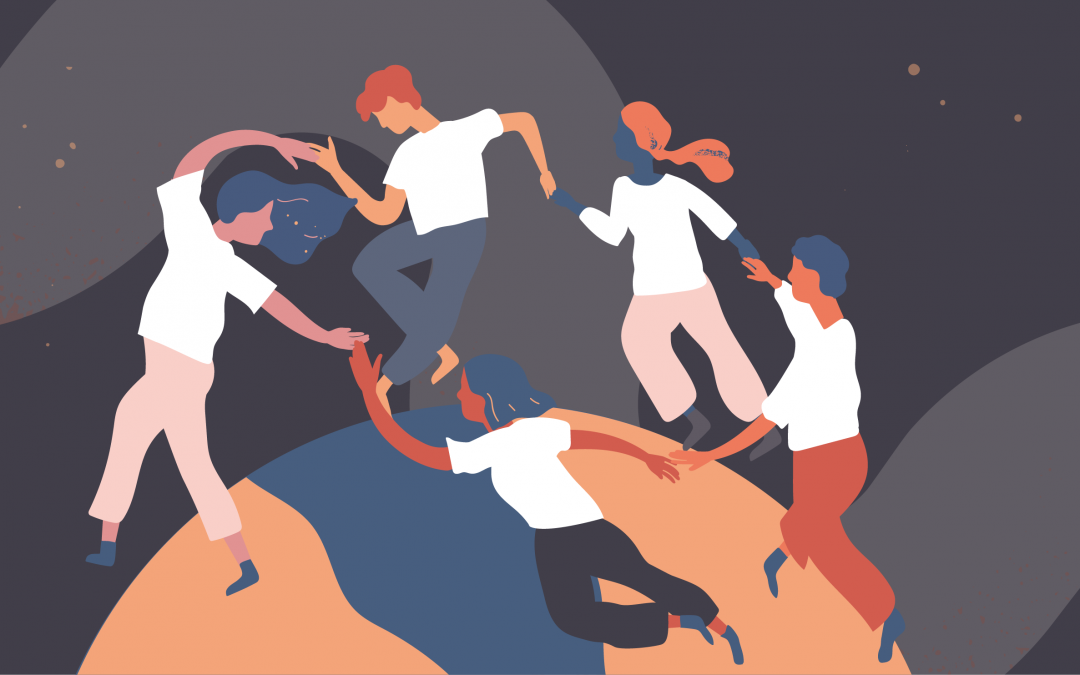
Our dreams for 2024-2029
In brief In 2021 The Relationships Project was delighted to secure funding for a 2 year project to start to build towards a 20 year vision for a relationship-centred world (you might remember we shared our original application here). With 9 months to go until the end...

Sources of inspiration from across the field
Earlier in the Summer of 2023, we launched The Relationships Map: a growing directory of the many brilliant individuals and organisations putting relationships first in all that they do. It's our hope that the map will act as a springboard for connections to be made,...
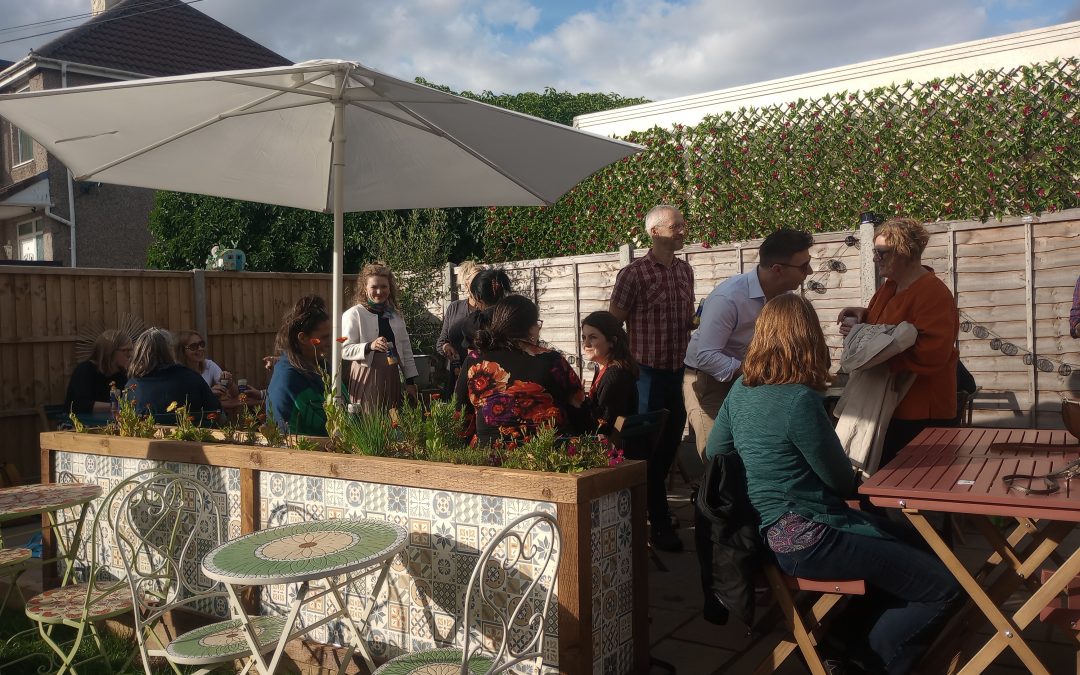
Coventry, Captured: A Convening of Convenors
In brief In July 2023, the facilitators and conveners of 35 networks and coalitions gathered in Coventry to explore what we can achieve together, in pursuit of a more relationship-centred world, that we can’t achieve alone. Here, we share some of the many themes that...

‘Rewilding Care’: Could letting relationships flourish revolutionise social care?
In brief Bob Rhodes is the founder and President of LivesthroughFriends CIC, a social enterprise that demonstrates how those who have acquired the most complex reputations can live good lives when attention is paid to building relationship networks and a sense of...
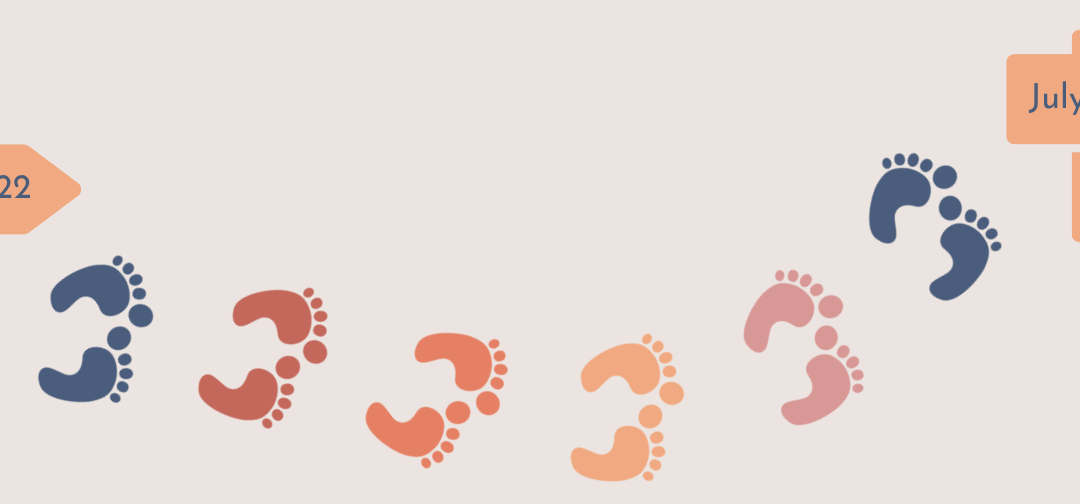
Bringing People Together: The story so far
In brief Back in July 2021, we shared our proposal to the National Lottery Community Fund’s Bringing People Together Fund. We were delighted to be awarded the funding and we now find ourselves one year into our two year plan towards a 20 year vision of a world built...

Relational Councils: Learning from crisis
Mutual aid was driven from the ground up but flourished with appropriate support from local councils. The UK response to refugees arriving from Ukraine was led from the top down but could only succeed with local engagement. What can we learn from this approach to the...

In conversation: Mayday Trust and Relationships Project
In brief In this blog, Relationships Project founder David Robinson, and Alex Fox, chief executive of Mayday Trust, reflect on the role that relationships and relationship-building play in creating effective public services and charities, and what connects and...
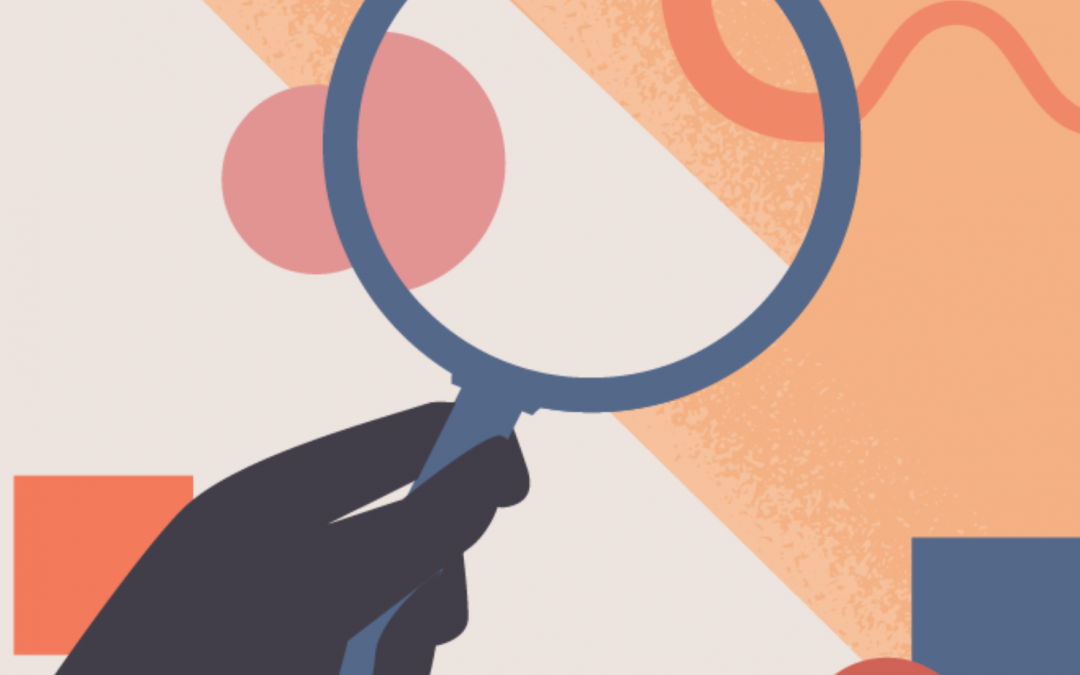
The Relationships Learning Network
Coming soon The Relationships Project is planning an interdisciplinary learning network focused on Relationship-Centred Practice. Along with our friends from the After Disasters Network, we are hosting an open Zoom meeting to talk about the plan at 2-4pm BST on 21st...
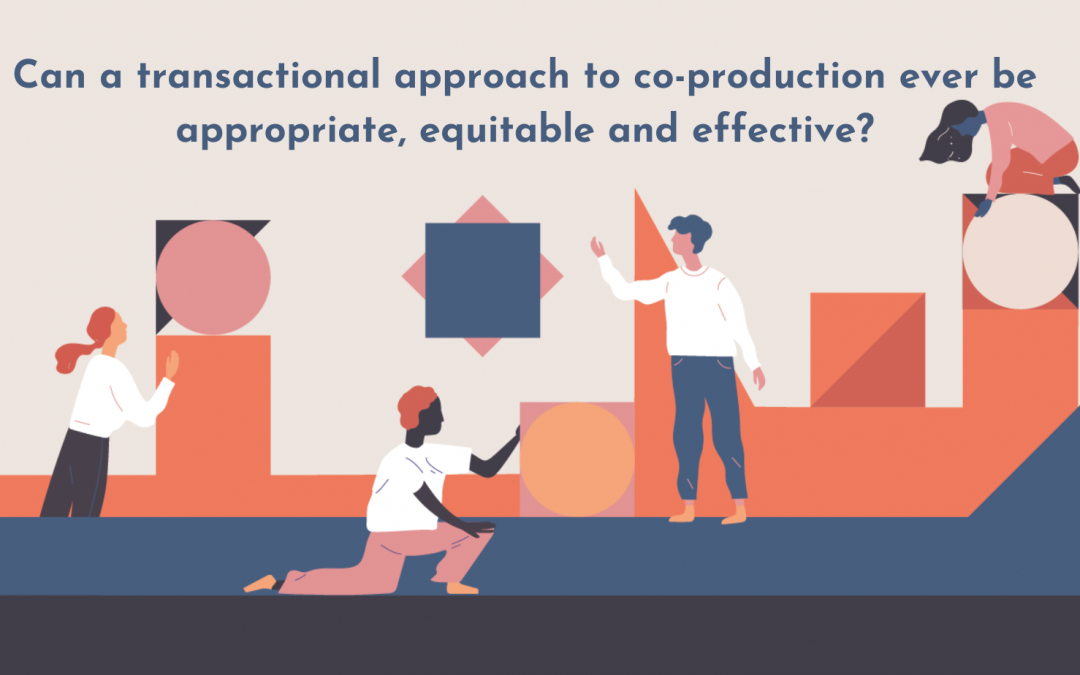
Can a transactional approach to co-production ever be appropriate?
On the 15th June 2023, 85 of us came together to explore whether a transactional approach to co-production can ever be appropriate. Co-production has become something of a buzz word. Done well, it can transform outcomes, but too often co-production becomes a...
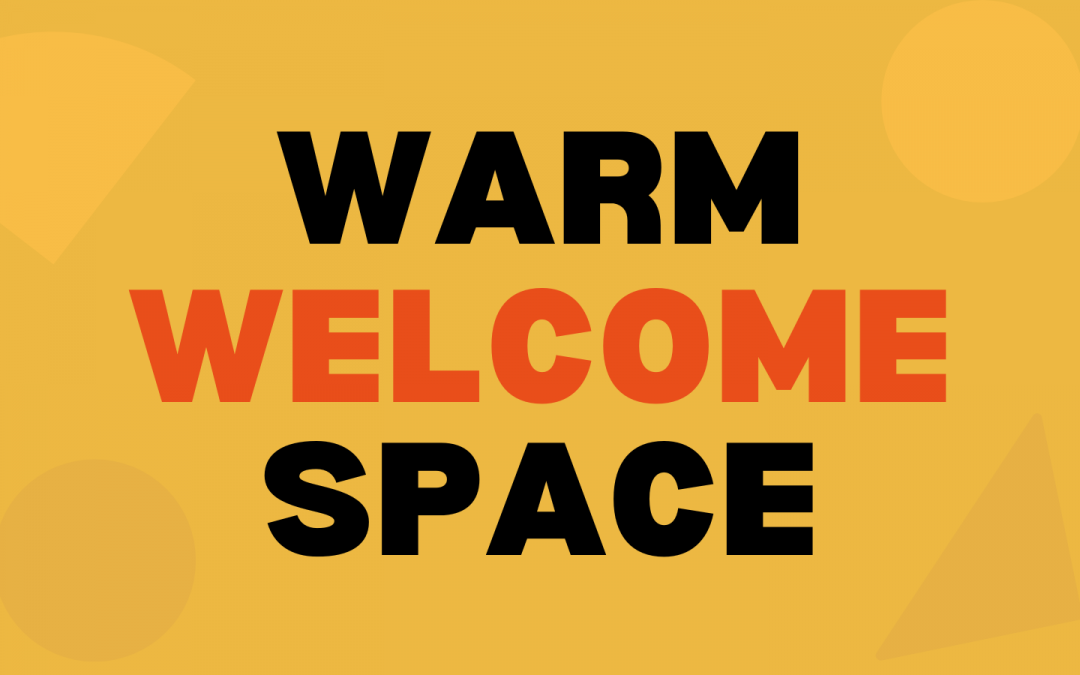
Sustaining the care: Learning from the Warm Hubs experience
What can we learn from the Warm Hubs experience about how to create ‘relational spaces’? And how can this learning, combined with the learning from the community response to the covid pandemic, inform and inspire a bottom up, relationship centred approach to...
